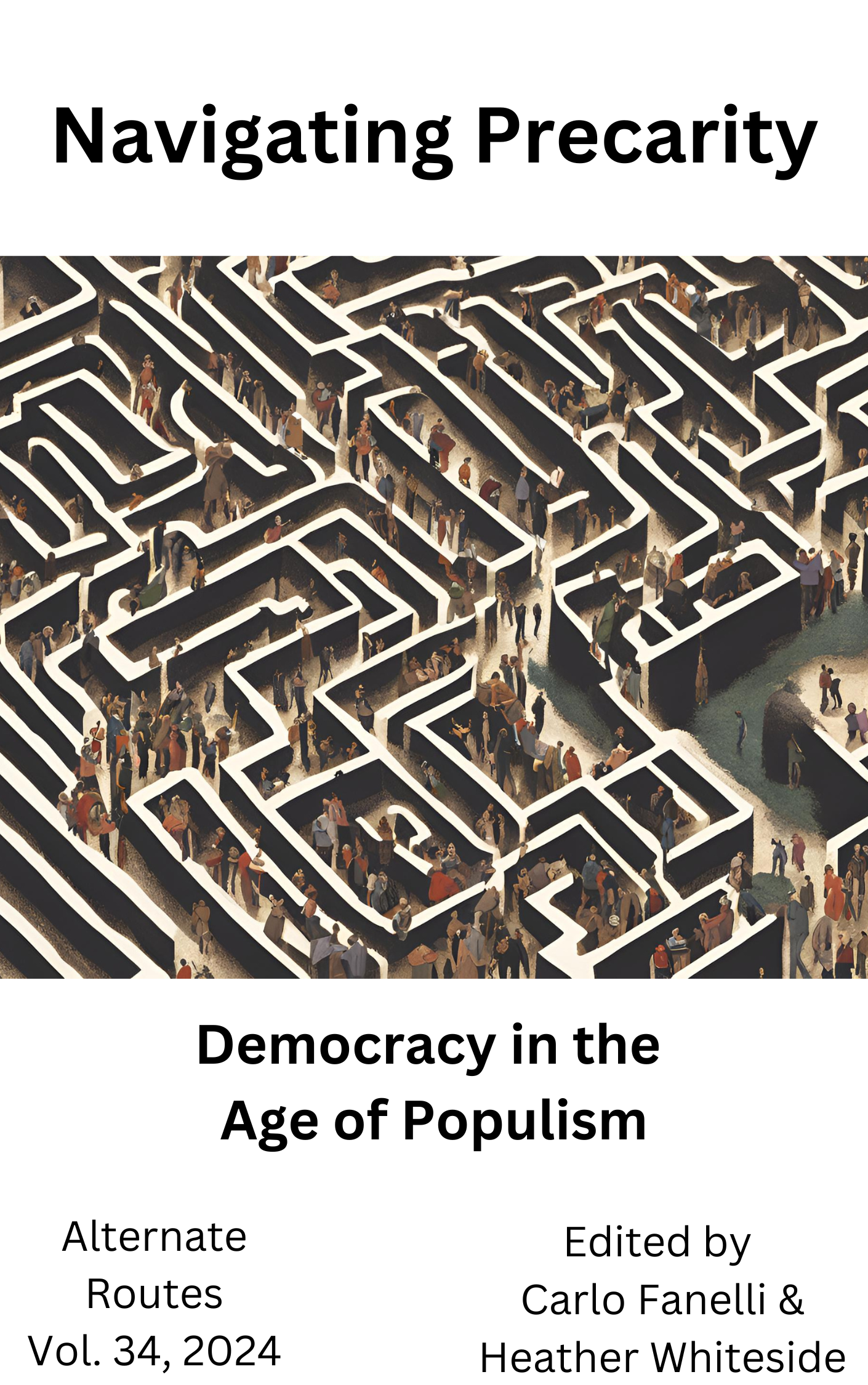Crises and Austerity: The Political Economy of Post-Crisis Alternatives in Canada
Abstract
The neoliberal era is increasingly crisis prone but the prospects for crisis-induced paradigm change remain remote. Two crises in particular, the global finance crisis (GFC) and the Covid-19 pandemic, challenged neoliberal fiscal orthodoxy and especially austerity. In 2008, as in 2020, the initial crisis response was one of fiscal stimulus to prevent economic meltdown. In 2010, this was followed by austerity policies attempting to restore neoliberal normality which had been in place since the mid-1990s. Will the same be true in the post-pandemic period? This article contrasts views of resiliency of neoliberal austerity with those who consider current crises might trigger significant policy and even paradigmatic change. We argue that demands for change have encountered an entrenched form of state austerity and concerted effort on the part of political and economic elites to return as soon as possible to neoliberal normality. Though recent crises have presented opportunities for a collapse of austerity policy systems, transformation has been limited by ideational promotion of austerity and institutionalised democratic isolation. Recent crises have been used to re-embed austerity responses as normal, once the immediate crisis is over.
Downloads
Published
How to Cite
Issue
Section
License
Copyright (c) 2024 Alternate Routes: A Journal of Critical Social Research

This work is licensed under a Creative Commons Attribution-NonCommercial-NoDerivatives 4.0 International License.
Articles are published in Alternate Routes: A Journal of Critical Social Research under the Creative Commons "Attribution/Non-Commercial/No Derivative Works" Canada licence.
The copyright for the articles published in this journal is retained by the authors, with first publication rights granted to the journal. By virtue of their appearance in this open access journal, articles may be used, with proper attribution, in educational and other non-commercial, not-for-profit settings. The submission of a manuscript to Alternate Routes will be taken to mean that the author understands and agrees to the following:
- the manuscript represents original work not previously published;
- the manuscript is not being considered elsewhere for publication in the same language (publication elsewhere in an alternate language does not preclude acceptance of submission to Alternate Routes);
- appropriate written copyright permissions have been secured for republication of any copyrighted material contained in the manuscript;
- copyright for this article is retained by the author, with first publication rights granted to Alternate Routes;
- by virtue of its appearance in this open access journal, it is understood that the article is freely available for use, with proper attribution, for educational and other non-commercial purposes;
- reuse of the article for commercial purposes by anyone other than the author requires permission of the author;
- the author agrees to cite Alternate Routes as a source whenever h/she later republishes or reuses the article in other platforms.


